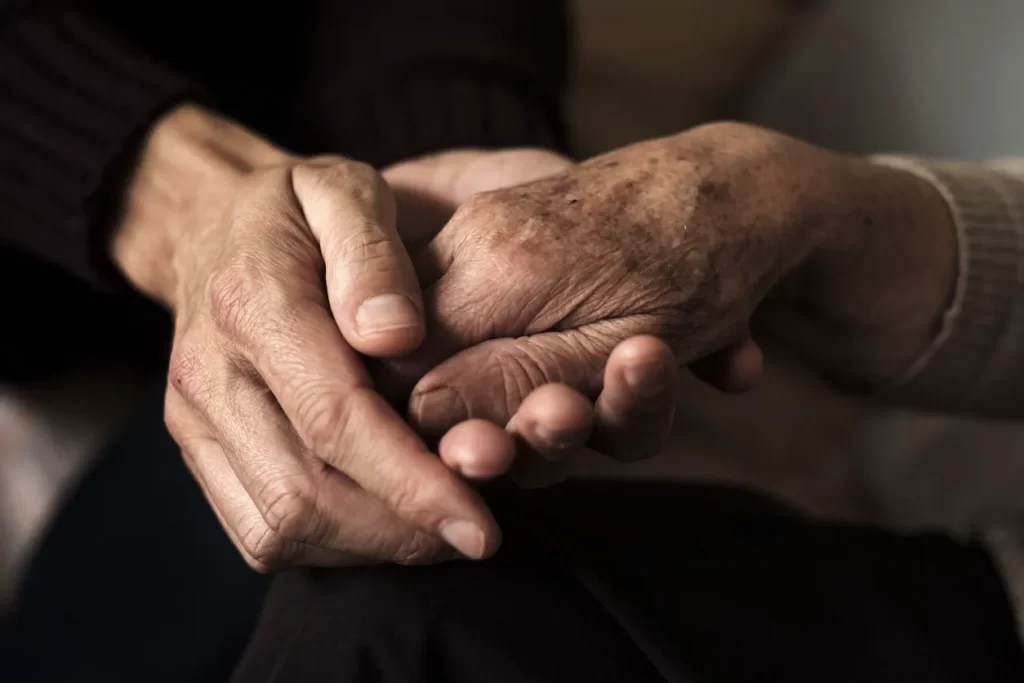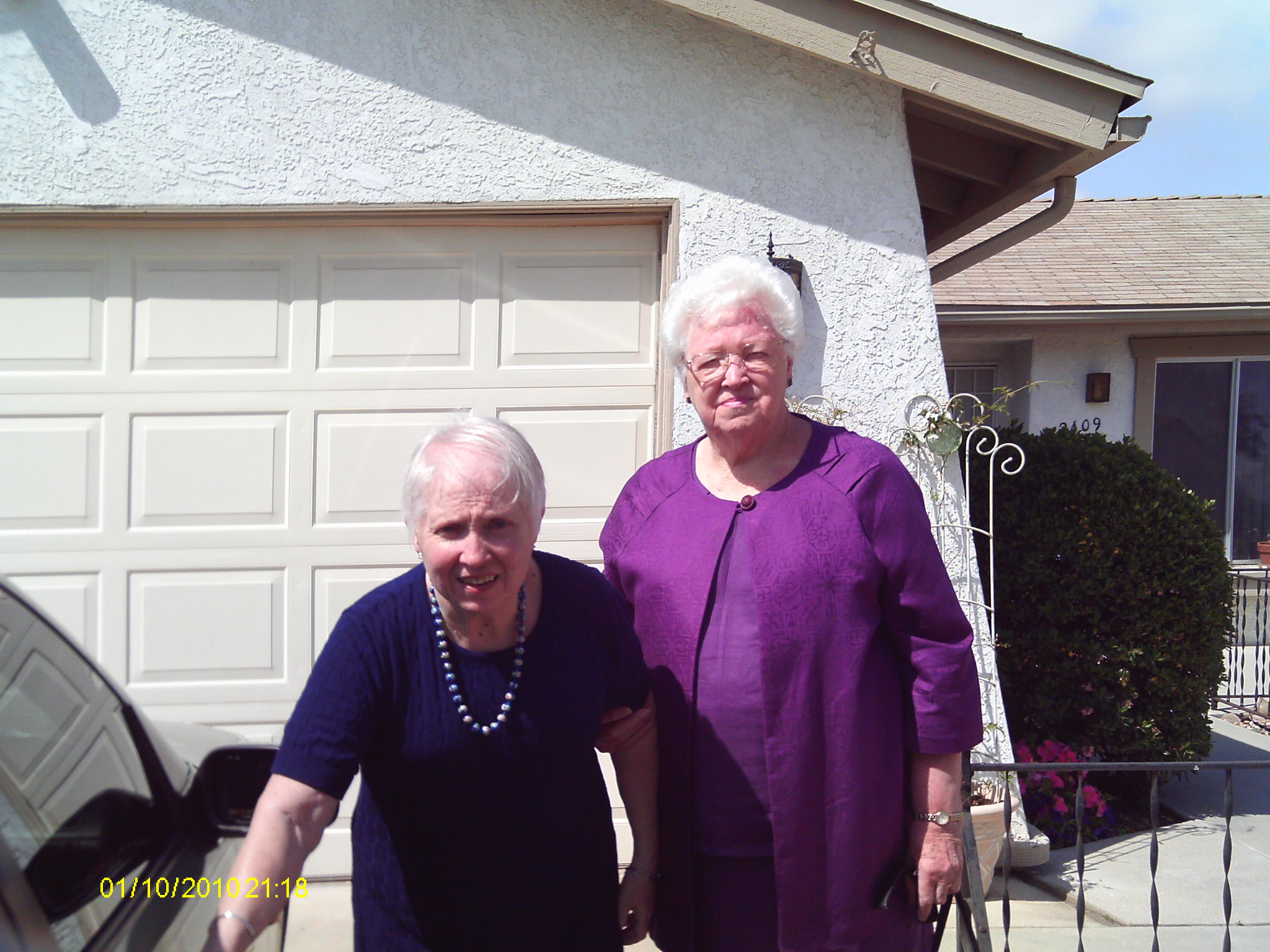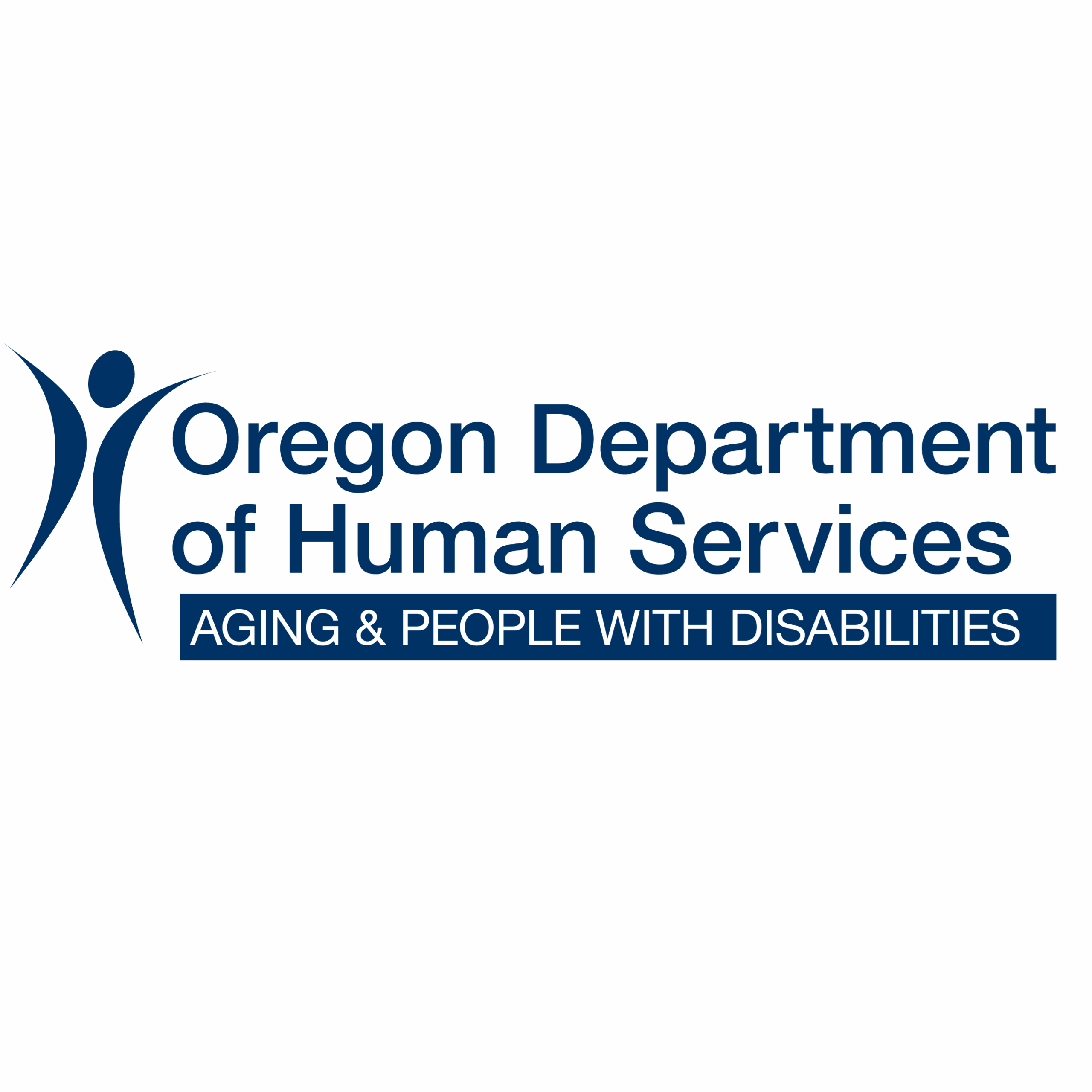Immediate Short Term Memory Transitions
Assisted Living Transitions Series is a group of AGT Articles which will help all of us to understand the Transitions which eventually happen to us all. We explore types of care facilities for people with memory issues. This may be Dementia or Alzheimer’s. Long-term care for people with Alzheimer’s disease or other kinds of dementia can take many forms, including: Assisted living facilities. An Assisted Living Community is the type of facility that provides a balance between independent living with a range to full assistance. We all need to know what happens and where the best placements for our elders are as we all age. For some the best is nursing homes near me, for others Community Senior Living, for others we will need Assisted Living near me or Long Term Care. Here we discuss what transitions older adults face.
Immediate Memory #1
Immediate Memory is a new term for me and I have dealt with different levels of dementia for years. Are you living with a person or caring for a person and you are aware of the fact that they are suffering from dementia? Are you unable to obtain support because they perform well for short periods of time? Knowledge is power!
Immediate Memory is what occurs early in dementia progression. It is what those closest to a person, who spend extended periods of time with that person, recognize as dementia. They are able to carry on a conversation that makes them appear cognizant but often quickly forget that the conversation happened. A phone call or a short visit is not enough to convince anyone that they are beginning to lose their memory. A visit to the doctor does not accomplish getting a diagnosis of dementia because they are at their best during these visits. They become angry and agitated if you point out that a conversation actually happened that they don’t remember. They get defensive if you point out that they did not take their medications. They accuse you of not sharing information with them. You feel stuck and alone because of the lack of support you are getting and the additional care that you are unable to provide for your loved one.
Immediate Memory #2
The ”being able to carry on a conversation” is immediate memory. Short term memory loss is when they do not remember the conversation 20 minutes later. They do not remember the conversation and will let you know that they have not heard from that person for a long period of time.
The solution: Document conversations that are forgotten so that you have factual information to share with the physician and with those who are in denial. Avoid arguments with the person you are caring for. If family members refuse to believe; arrange for them to spend several days with the person so that they can see first hand and become aware and supportive. Short phone calls and short visits will not work. Share your responsibility by arranging for “enlightening” visits. You will feel better. You will gain support. Your loved one will be safe.
Immediate Short Term Memory Transitions are Common life transitions. Life Transitions, for example; retirement, becoming empty-nesters, moving and, or downsizing, personal loss, health issues, as we grow older social interaction can decrease, and social status and financial upticks could also change due to rising costs. As we age, we may experience a decline in health. The death of a spouse affects men and women differently the death of a close family member or friend. We all encounter some impactful life transitions. Immediate Memory. What is an example of immediate memory? The drive from work everyday may have many details all in Immediate Memory. We put the information there until we determine its value. Then, if we need the face of the man in the crosswalk or the license plate number of the woman in front of us we have that information. Immediate Memory is temporary brain storage until we make a decision on how to use or dispose of it. Subconsciously or consciously our brain holds details for roughly 30 seconds.
Read more from LaVona: Losing a Loved One: Bereavement – Cope with Grief over the Loss of a Loved One
Learn about Short Term Memory Loss and this Life Transition:
- Mayo Clinic look at this Life Transitions – healthy lifestyle for aging an in depth look at memory loss
- Nelson Cowan – Progress in Brain Research – What are the differences between long-term, short-term, and working memory?









